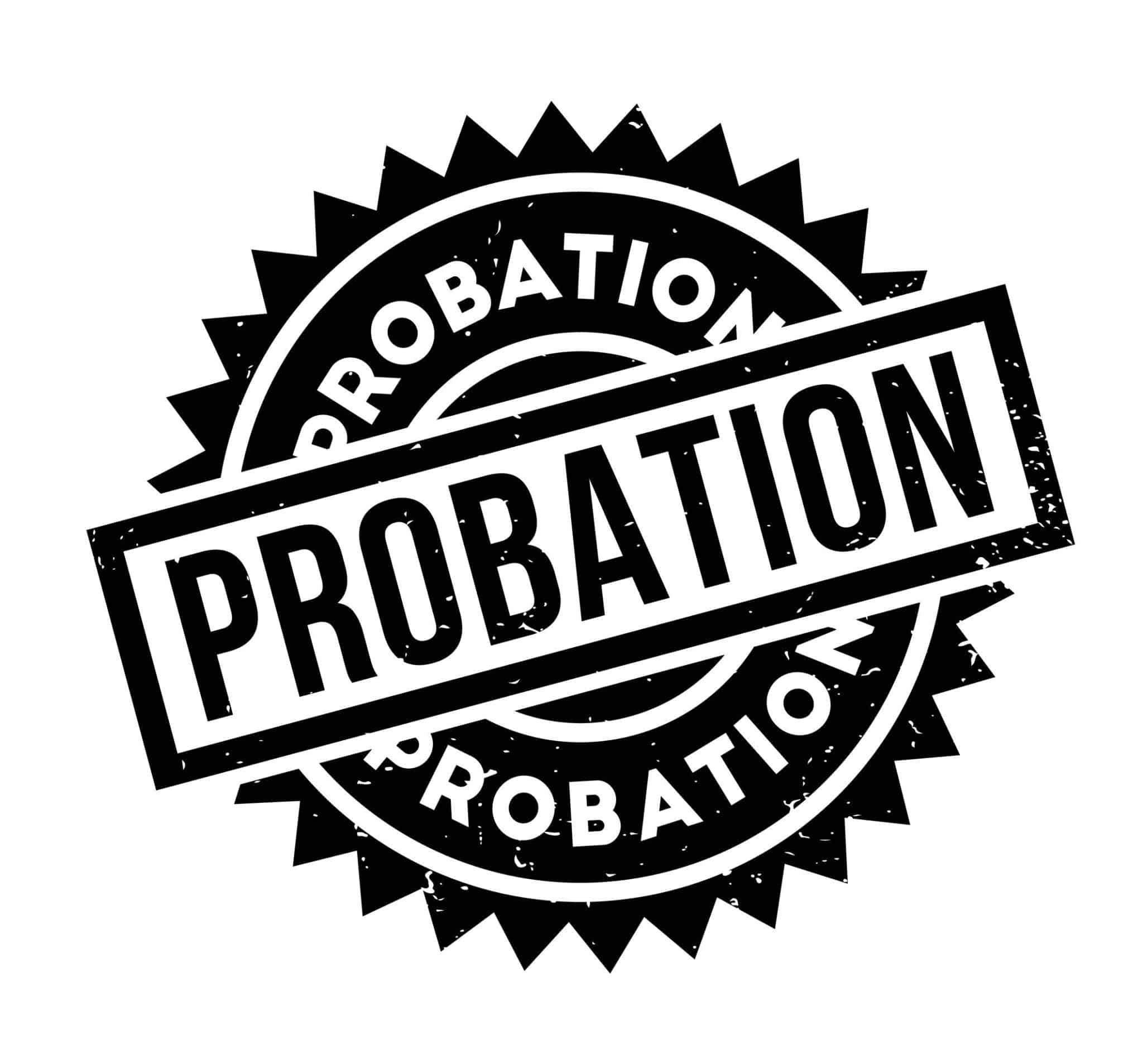Criminal justice in Texas includes community supervision—a form of criminal sentencing frequently employed when mitigating factors exist.
Community supervision is more commonly referred to as probation. The essence of this sort of sentencing is that an offender will serve his sentence (or punishment) in the community rather than in a penal setting.
Community supervision is not as “cushy” as it may sound. There are stringent rules an offender must abide in order to maintain their alternative to prison status. Failure to abide by the terms set by the court as part of the community can, and often does, result in serious consequences.
That’s why it’s important to understand what community supervision is and what is expected of someone on it. Here are some of the most frequently asked questions about community service and how an experienced attorney can help.
Community Supervision: What Is it?
Community supervision is an actual criminal sentence. You can be sentenced to it by a jury or judge after you’ve gone through a trial or accepted a plea deal negotiated by your attorney with the prosecution.
If you receive community supervision, then it serves as an alternative to going to jail. In many cases, following your community supervision conditions mean spending no time in prison at all.
Community supervision can be ordered either before or after a verdict is reached in your case.
After a verdict has been rendered, it is called conviction probation while pre-guilt verdict sentencing is called deferred adjudication.
The main difference between the two is that those on conviction probation will have a criminal record while those on deferred adjudication will not as long as their community supervision is successfully completed.
What Terms Are Normally a Part of Community Supervision?
The terms of a community supervision sentence can differ from case to case—terms that normally depend on the offense and the offender’s criminal history and/or mental health background.
Felony community supervision is often more strict than the community supervision for a misdemeanor offense. Some of the most common conditions of community supervision are:
- Paying all court fees and community supervision fees
- Meeting regularly with a court-assigned probation officer
- Completing community service
- Giving up any firearms in your possession
- Paying any restitution to victims of your crimes
- Not leaving the county in which you live without the approval of the probation officer
- Not getting arrested while on community supervision
What Happens When Community Supervision Terms are Violated?
If you are on community supervision and you violate the court-ordered terms, then your sentence can be revoked. This means that more likely than not the offender will go to jail or prison to complete their sentence.
This is another reason to have the services of an attorney familiar with your case to help you in court. If you must face a judge for a probation violation, an attorney can represent you at the revocation hearing and/or argue against violations the prosecution is presenting to the court.
At a revocation hearing, the judge will decide whether revocation is appropriate or not.
A revocation determination can include two prospects: an order to jail/prison or a continuation of community supervision with stricter terms.
If you or a loved one is being accused of violating community supervision terms, seeking professional legal advice may save you (or them) from revocation, and ultimately, jail time.
Or if you simply have questions about your terms of community supervision, don’t hesitate to reach out! Someone will be able to point you in the right direction.





